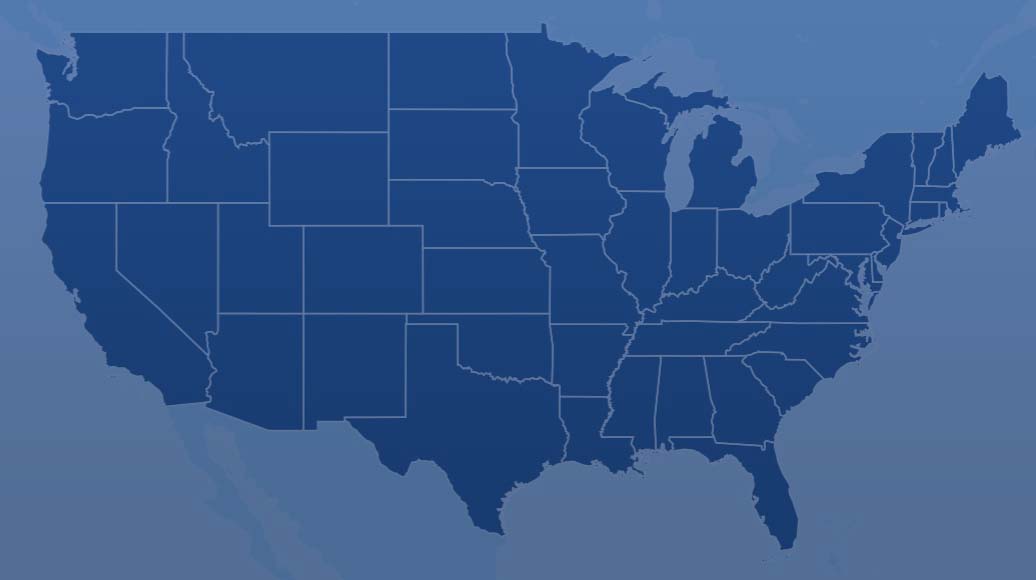- EN
- ES

An official website of the Biotechnology Innovation Organization
Pregnancy
There isn't much data yet regarding the Covid-19 vaccines' impact on pregnant women. According to the Centers for Disease Control and Prevention, "experts believe that mRNA vaccines are unlikely to pose a risk to the pregnant person or the fetus because mRNA vaccines are not live vaccines."
Preliminary data suggests that pregnant women who choose to get vaccinated may experience the same symptoms -- such as sore arms or low-grade fevers -- as non-pregnant women. And there's little reason to think the vaccine would be less effective, just because a woman is pregnant. Experts have planned additional studies to examine the effects of the vaccine among pregnant women, and scientists are already monitoring participants who became pregnant while participating in Covid-19 vaccine trials.
Pregnant women are not excluded from getting the vaccine, but the Centers for Disease Control and Prevention (CDC) recommends that pregnant women should consult their doctor before getting the vaccine. Data shows that pregnant women are at increased risk for severe illness and premature birth if they contract Covid-19.
Fertility
There is no scientific data to suggest that the authorized Covid-19 vaccines cause infertility, according to the Food and Drug Administration (FDA). Infertility is also not known to result from the Covid-19 disease itself.


